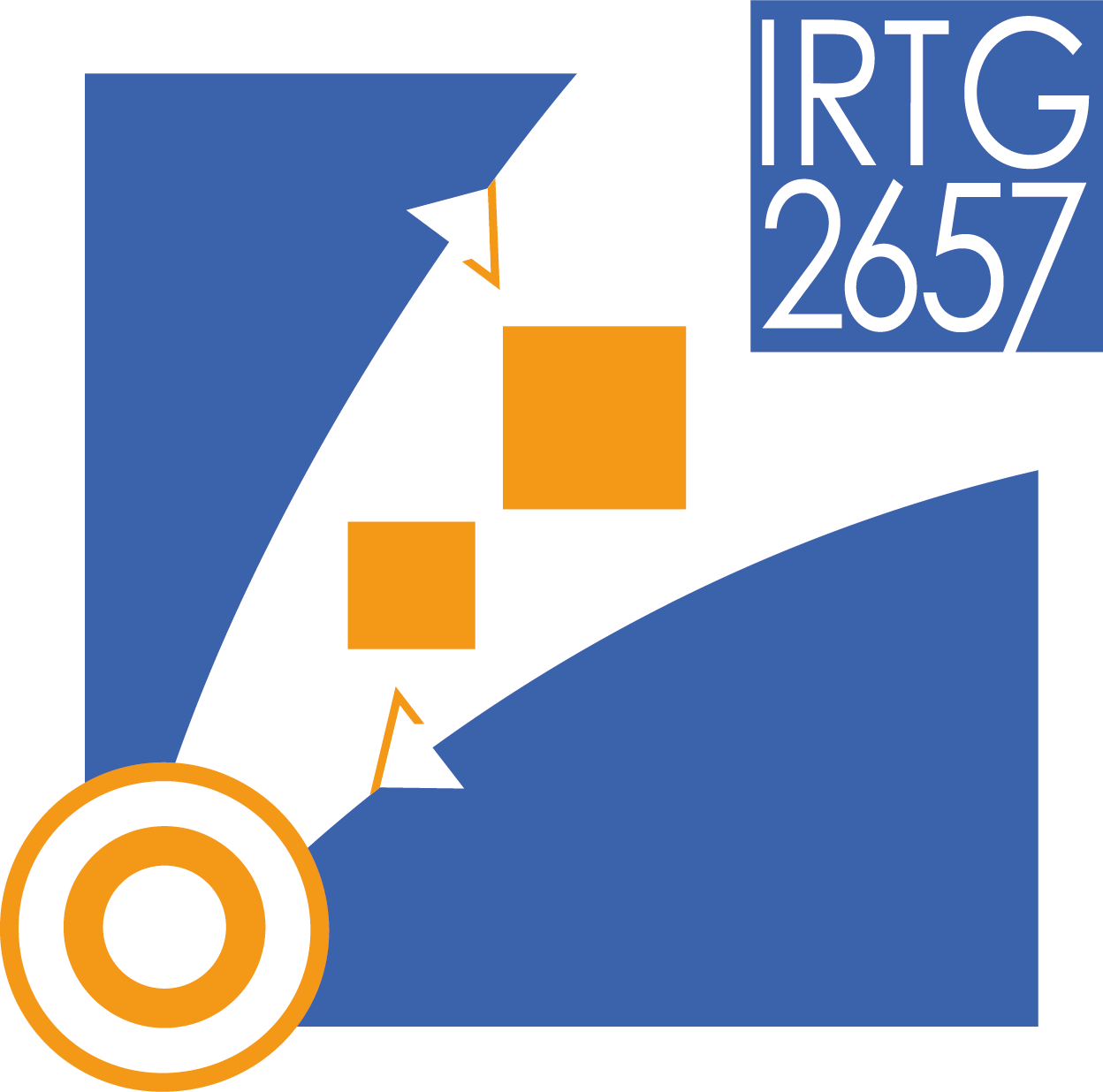Time-separated stochastic mechanics for damage processes
| Team: | Hendrik Geisler, Philipp Junker, Emmanuel Baranger |
| Year: | 2021 |
A fundamental assumption in engineering is that the properties of a specific material can be quantified by means of experiments for simple specimens. Then, the related parameters, e.g. Young’s modulus, can be used for computing the behavior of construction parts made of the same material but having a different topology. These material parameters, however, are often subject to stochastic fluctuations from one sample to the next. It is therefore expected that the different realizations of the same construction part during serial production show a stochastic behavior. The exact quantification of the stochastic fluctuations can be determined by Monte Carlo simulations (MCS). Unfortunately, these computations consume massive amount of computational power, especially in the case of non-linear materials and when applying finite element simulations. Therefore, this project aims at applying the so-called time-separated stochastic mechanics (TSM) to the modeling of damage processes. TSM makes use of decomposition of the state variables into time-independent stochastic terms and time-dependent deterministic terms. This decomposition provides a huge saving of computational power for visco-elastic materials and yielding the same results as MCS. While being direct applicable at the material point level, TMS for damage needs to be further developed for finite element simulations. To this end, machine learning will be employed to obtain a numerically efficient model that allows to quantify the expectation and variance of the stress distribution and reaction forces for damaging materials when the material parameters fluctuate stochastically.
Team
Doctoral Researcher: Hendrik Geisler
Scientific Advisors: Philipp Junker, Emmanuel Baranger








